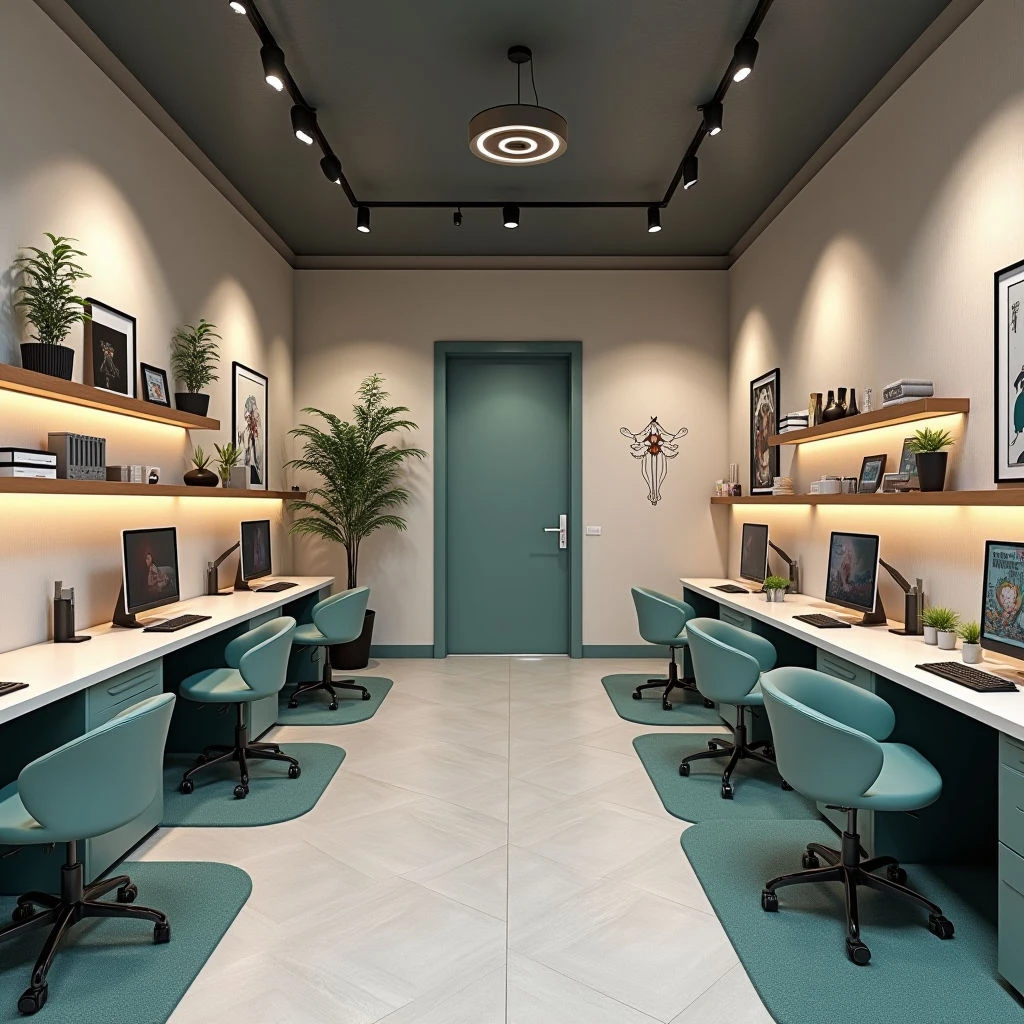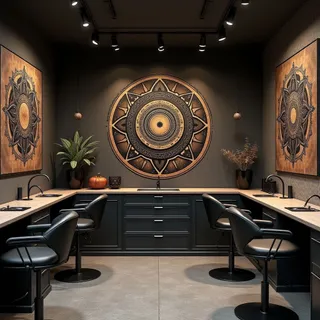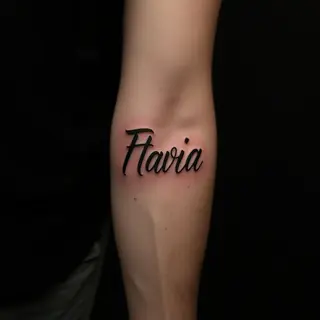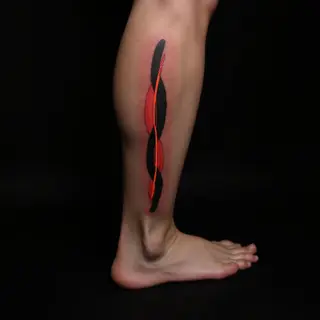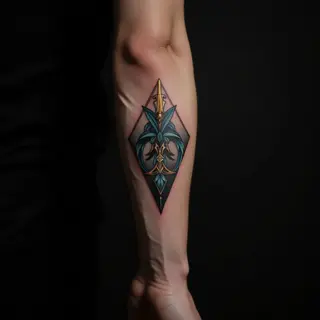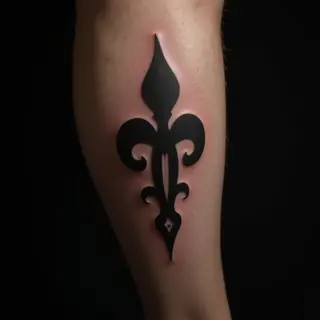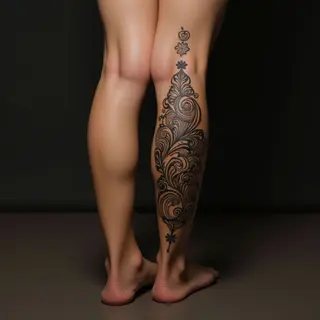Opening a Tattoo Shop: A Comprehensive Guide
1. Business Planning & Legalities
Before you even think about aesthetics, secure funding, write a robust business plan (including projected costs and revenue), and understand local ordinances. Research licensing requirements – these vary drastically by region! You’ll need permits for building, health inspections, and possibly a specific tattoo artist license.
2. Studio Design & Layout
A well-designed studio is both functional and inviting. Prioritize hygiene and workflow: separate waiting areas from work stations to minimize cross-contamination. Consider client privacy – private rooms or screens can enhance the experience.
Accessibility for artists with disabilities (and clients) should be a key consideration.
3. Essential Equipment
Quality equipment is non-negotiable. This includes tattoo machines, power supplies, needles, inks, sterilization equipment (autoclave!), disposable barriers, furniture, and cleaning supplies.
Don’t skimp on safety – invest in reliable and certified gear.
4. Artist Recruitment & Team Building
Your artists are the heart of your studio! Look for talented individuals with strong portfolios, excellent customer service skills, and a commitment to hygiene.
Foster a supportive and collaborative environment.
5. Marketing & Branding
Develop a strong brand identity that reflects your shop's personality.
Utilize social media, local partnerships, and online directories to reach potential clients. Build a reputation for exceptional art and client care.
